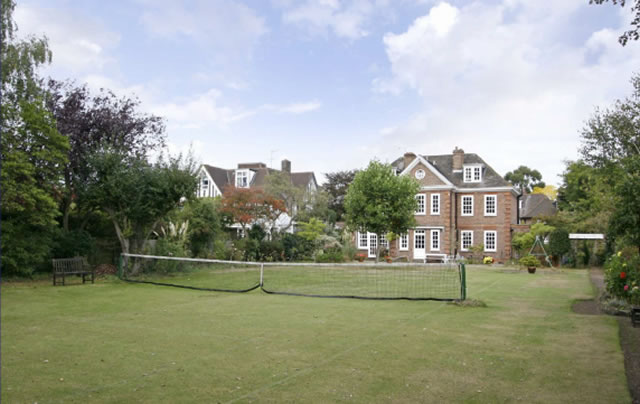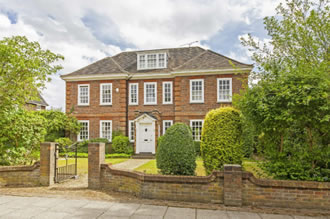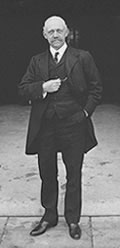Builder William Willett was an early advocate for 'British Summer Time'

8 Parkmead is on the market with a guide price of £2,850,000
Local Estate Agent Warren has a property on it's books that could be someone's 'forever home'. According to zoopla in the past twenty years only four properties on Parkmead have exchanged hands and the last time this property changed ownership is over sixty years ago.
Built in 1924, 8 Parkmead is a 'Willett built' house - builder William Willett joined his father's building business, 'Willett Building Services' and between them they created a reputation for "Willett built" quality houses in choice parts of London and the south of England.

Parkmead is situated close to Putney Heath and sits on a plot of almost half an acre, which currently is home to a lawn tennis court. Currently the property has six bedrooms and two bathrooms, with three reception rooms and a double garage.

Photograph of William Willett, builder, outdoorsman, and inventor of daylight saving time. Handwritten below the original print is "Mr. Wm. Willett. Author of the Daylight Bills of 1908 and 1909. 1909. J. Benjamin Stone"
It is said, after riding his horse in Petts Wood near his home early one summer morning and noticing how many blinds were still down, the idea for daylight saving time first occurred to William Willett.
According to Wikipedia; using his own financial resources, in 1907 William published a pamphlet "The Waste of Daylight". In it he proposed that the clocks should be advanced by 80 minutes in four incremental steps during April and reversed the same way during September. The evenings would then remain light for longer, increasing daylight recreation time and also saving £2.5 million in lighting costs. He suggested that the clocks should be advanced by 20 minutes at a time at 2 am on successive Sundays in April and be reversed in September.
July 17, 2020